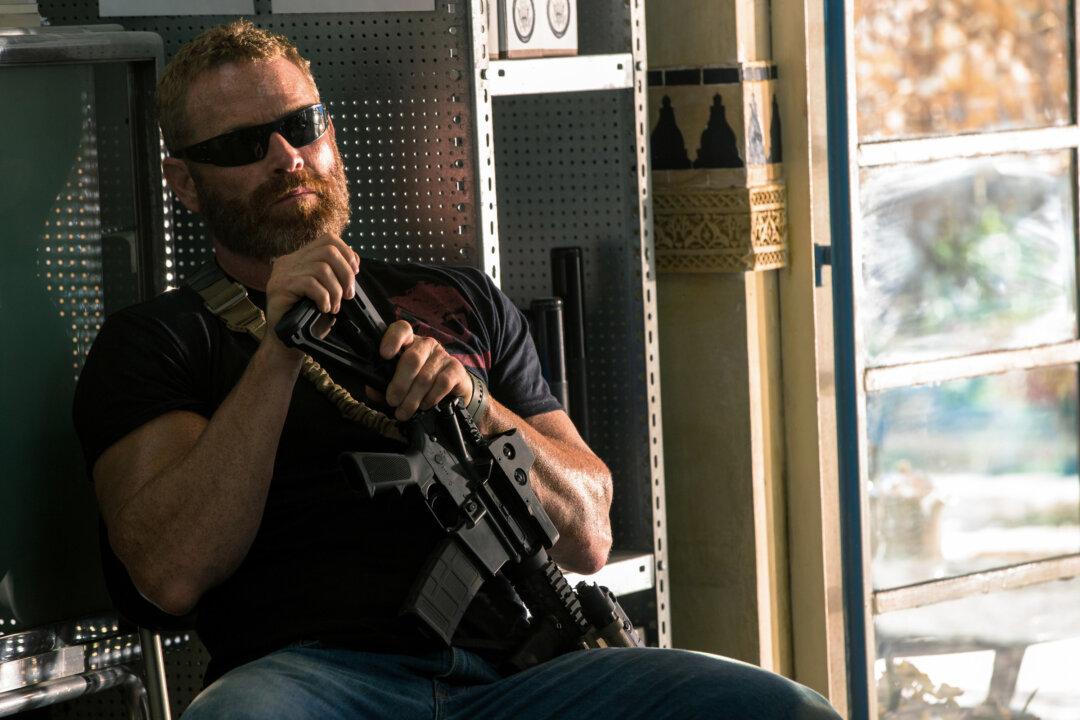“Stand down,” says the actor playing the CIA station chief in Michael Bay’s new film, “13 Hours: The Secret Soldiers of Benghazi.” He’s speaking to the security team that wants to go help Americans under siege less than a mile away in a U.S. diplomatic compound under fierce attack. His order keeps the team from leaving for a crucial 20 minutes, before they decide to ignore him and go anyway.
It’s the pivotal — and most controversial — scene in the new film, a movie that Bay insists steers clear of politics, but which is bound to spark much political discussion nonetheless. On Friday — the movie’s opening day — the Washington Post quoted the now-retired CIA station chief, identified only as Bob, as strongly denying he ever issued such an order or anything like it.
“There never was a stand-down order,” the base chief was quoted by the Post as saying. “At no time did I ever second-guess that the team would depart.”
The author of the book upon which the film is based, Mitchell Zuckoff, stood by his depiction of the scene on Friday, saying in a telephone interview with The Associated Press that he'd based it on several firsthand accounts. Zuckoff collaborated on his book, “13 Hours,” with some of the surviving security contractors.
“It’s not credible what he’s claiming,” Zuckoff said of the station chief, whom he said he had tried to interview when writing the book, but his request was denied.
Four Americans died in the attacks, including U.S. Ambassador Christopher Stevens.
In November 2014, a two-year investigation by the Republican-controlled House Intelligence Committee found that the CIA and military acted properly in responding to the 2012 attack on the compound. Among other findings, it determined that there was no delay in sending a CIA rescue team, and no missed opportunity for a military rescue.
In Washington, CIA spokesman Ryan Trapani referred to those findings and others as making it clear that the scene in the film is inaccurate. “If one is looking for facts on Benghazi, those reviews contain them,” he said.
“No one will mistake this movie for a documentary,” Trapani added. “It’s a distortion of the events and people who served in Benghazi that night. It’s shameful that, in order to highlight the heroism of some, those responsible for the movie felt the need to denigrate the courage of other Americans who served in harm’s way.”
Trapani called what happened in Benghazi “an amazing tale of heroism, courage under fire, leadership and camaraderie by the CIA security team, other CIA officers, State Department personnel, and those who came on the evacuation mission from Tripoli.”





